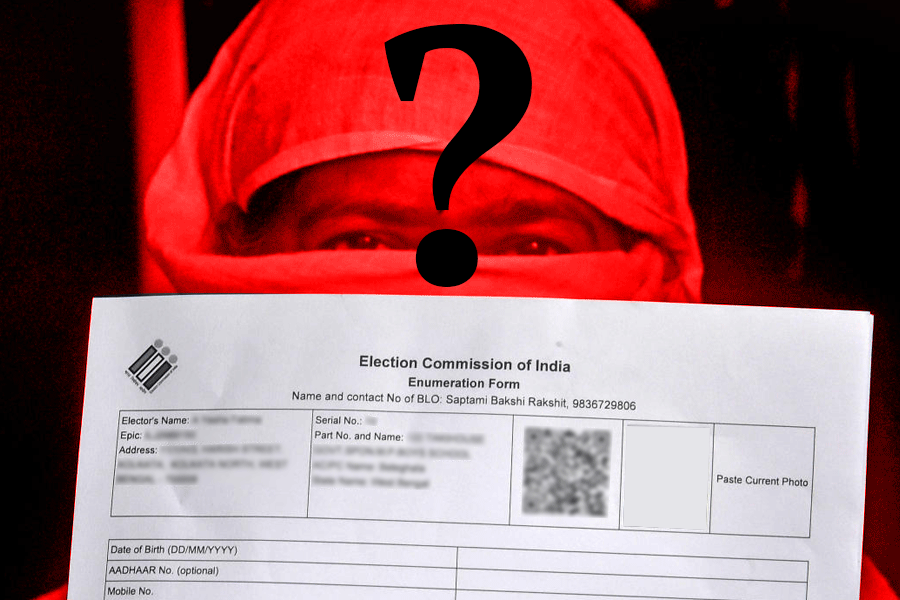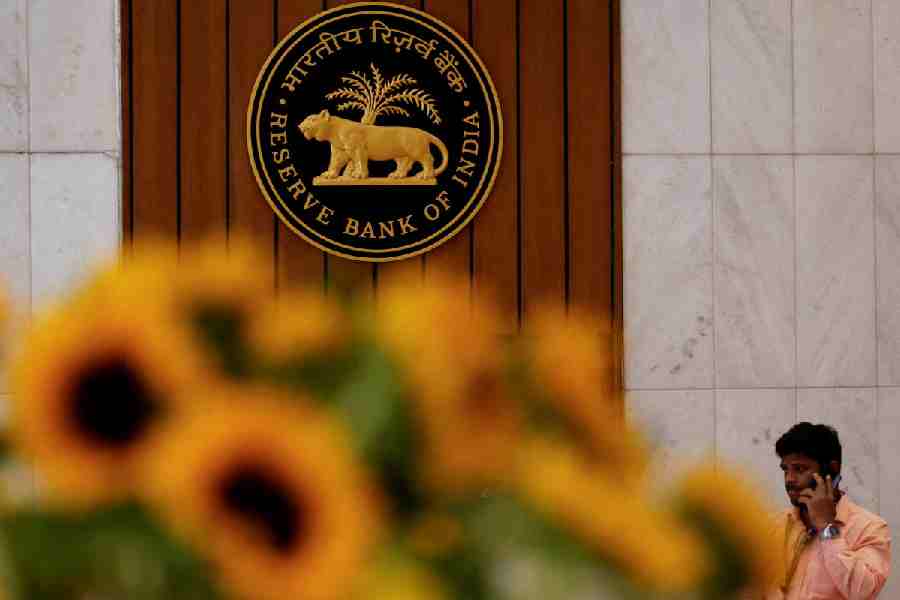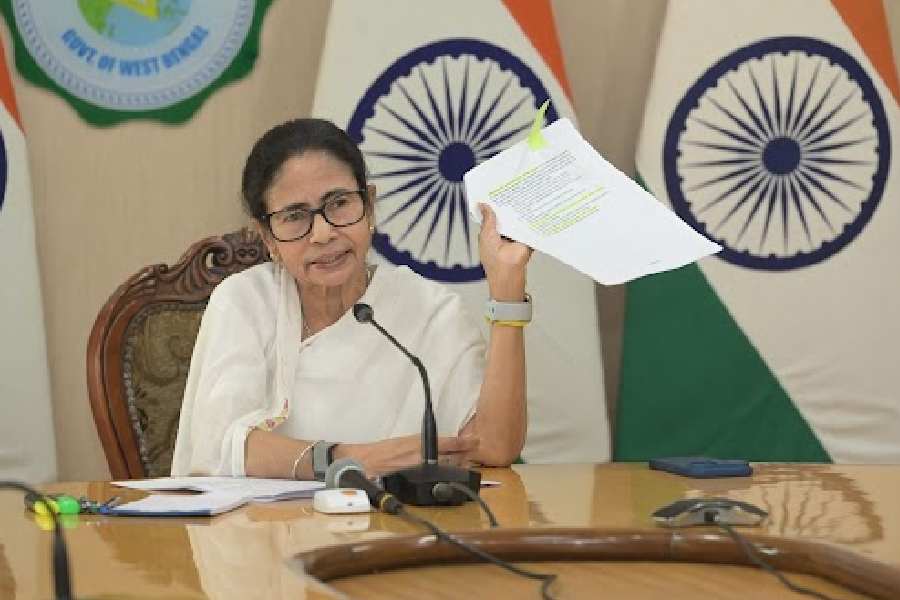Patna, Feb. 21: Women and the deprived sections — the core support base of the Nitish Kumar-led NDA regime — are set to be the beneficiaries of the state’s annual budget for 2013-14, while transporters, builders and others in the upper echelons of the middle class are about to feel the pinch of living a costlier life with finance minister Sushil Kumar Modi raising taxes on vehicles and building equipment while lavishing largesse on Scheduled Castes, Scheduled Tribes and women.
Notwithstanding Modi proposing to spend Rs 6,049.72 crore on the welfare of SCs and STs — who together make up 17 per cent of Bihar’s population — the budget proposes to spend Rs 34,000 crore on the total plan size from its estimated expenditure of Rs 92,087.93 crore, promising improvement in physical infrastructure assets. The plan size of Rs 34,000 crore is an all-time high and Rs 6,000 crore more than that of 2012-13, which was worth Rs 28,000 crore. The total estimated receipts have been pegged at Rs 91,899.16 crore.
The budget for 2013-14 shows a surplus revenue of Rs 6,808.85 crore, making it a revenue surplus one for the seventh successive year — a phenomena that was a far cry during the 15-year-long Lalu Prasad-Rabri Devi regime that always presented a deficit budget. “The surplus revenue will be used in physical infrastructure-generating productive capital assets like roads, buildings, power, schools, health centres and irrigation facilities,” the finance minister said in his budget speech.
“We will be able to bridge the gap between expenditure and receipts by raising funds from internal resources and borrowing from internal and external agencies,” Modi added.
The budget has proposed a “novel” scheme for women professionals by fully exempting them from taxes for owning and driving commercial vehicles — a big stride forward towards their empowerment besides exempting carriages for physically challenged persons. But it has raised taxes in several sectors, adding to the hardship of the middle class.
The one-time payment of taxes on tractors will go up from 1 per cent to 2 per cent from April 2013 onwards. It means that the tractor owner will have to pay Rs 6,000 as one-time tax against Rs 3,000 that existed earlier. Similarly, tractors with trailers will have to pay Rs 10,000 as one-time tax against Rs 5,000 till last year. Agricultural tractors are, however, exempt from taxation.
The taxes on two-wheeler, three wheelers, taxis, cabs, general buses, luxury buses and Volvos too have risen from 14 per cent to 27 per cent, a proposal that will make travel costlier. “The taxes on vehicles in Bihar are still far lower than in Bengal, Uttar Pradesh and many other states,” Modi argued.
In his about two-hour speech, the finance minister said Bihar has performed better compared to other states. “Despite the difficult economic situations across the globe affecting India too, Bihar has fared better on the financial front on account of its better fiscal management. Bihar achieved an average growth rate of 11.95 per cent for five years (from 2006-07 to 2011-12), by all accounts the highest among Indian states,” said Modi, who presented the budget for the eighth time in a row.
The state finance minister outlined agriculture, road construction, rural development, irrigation schemes, energy and industry among his government’s priority areas, proposing sumptuous outlays for them. The budget has proposed Rs 2,176.76 crore on agriculture with the aim to drive the vision of the five-year agriculture roadmap for the state inaugurated by President Pranab Mukherjee last year while it has set aside Rs 4,232.97 crore for road construction.
The budget proposes to spend Rs 1,736.91 crore, Rs 2,415.35 crore, Rs 1790.68 crore Rs 452.92 crore on rural development, irrigation, energy and industries respectively. “We have consistently and successively increased our outlays in key sectors which has resulted in marked improvement in roads, irrigation, health and education sectors over the years,” Modi said.
He pointed out that Rs 4,715.43 crore and Rs 290.87 crore was to be spent on centrally sponsored schemes and centrally planned schemes respectively, which would add to the development of physical infrastructure.
Modi dwelt at length on how his government had taken up various “innovative” measures to step up improvement in all key sectors — health, education, road, energy with special attention on deprived sections.
The minister said Bihar was one of those states that had taken its fiscal responsibility seriously, implementing the Fiscal Responsibility and Budget Management (FRBM) Act “in letter and spirit”. “During 2013-14, we are likely to keep our fiscal deficit contained at 2.97 per cent against the statutory limit of 3 per cent as per the FRBM Act,” Modi said.










